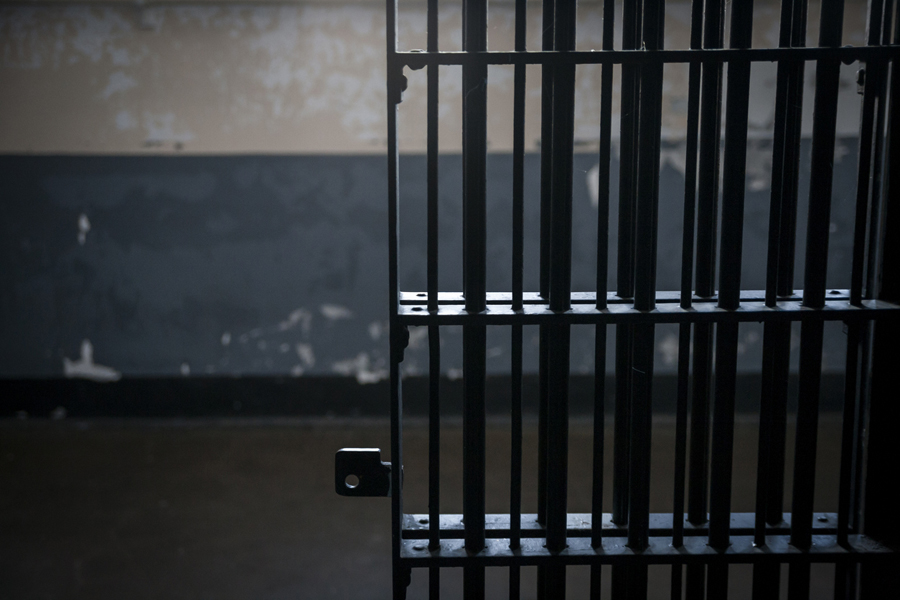Philly’s Chief Public Defender Challenges Handling of Probation Violations
In a confidential memo obtained by WHYY, Keir Bradford-Grey called automatic detainers “illegal” while blaming the practice for overcrowding jails.
In a memo to top judges in Philadelphia’s Municipal Court and Court of Common Pleas, the chief of the city’s public defender association wrote that she believes the practice of automatically jailing citizens for probationary violations is both illegal and a major contributing factor to the overcrowded population of our prisons, WHYY reports.
According to the confidential memo, sent in November 2017, Keir Bradford-Grey explained to the judges that probation officers in Philly have been issuing automatic detainer requests not only for probationers who are considered a high risk to reoffend, but also for less serious issues like missing a meeting or falling behind on court payments — all without the court’s approval.
“The elimination of automatic detainers is not only legally required, but is also good policy,” Bradford-Grey wrote. “The result will be fewer individuals who are needlessly incarcerated – those for whom an individual consideration of their overall performance on probation would lead to the conclusion by a Judge that incarceration is not now necessary for an alleged violation. This would help not only individuals, but also a costly and overburdened prison system.”
This line of thinking falls in with what DA Larry Krasner has been preaching lately: Our overpopulated prisons have become a drain on taxpayers, with the cost of incarceration running roughly $42,000 per inmate annually. In Philly, probation and parole violations are the reason 31 percent of the city’s prison population landed in jail. When including automatic detainers, that figure jumps to more than 50 percent.
Bradford-Grey has proposed that Philadelphia’s criminal court judges instruct the Probation and Parole Department to stop issuing automatic detainers and allow probationers to have a full hearing in front of a judge within seven days of their arrest. Additionally, she’s also requesting that courts give defense lawyers advance notice about what initiated the violation so they can be better prepared to defend their clients by presenting evidence and/or calling witnesses.
While there was no expressed threat of a lawsuit in Bradford-Grey’s memo, WHYY reports that the Defender Association plans to take legal action if the chief’s recommendations are ignored by the courts.



